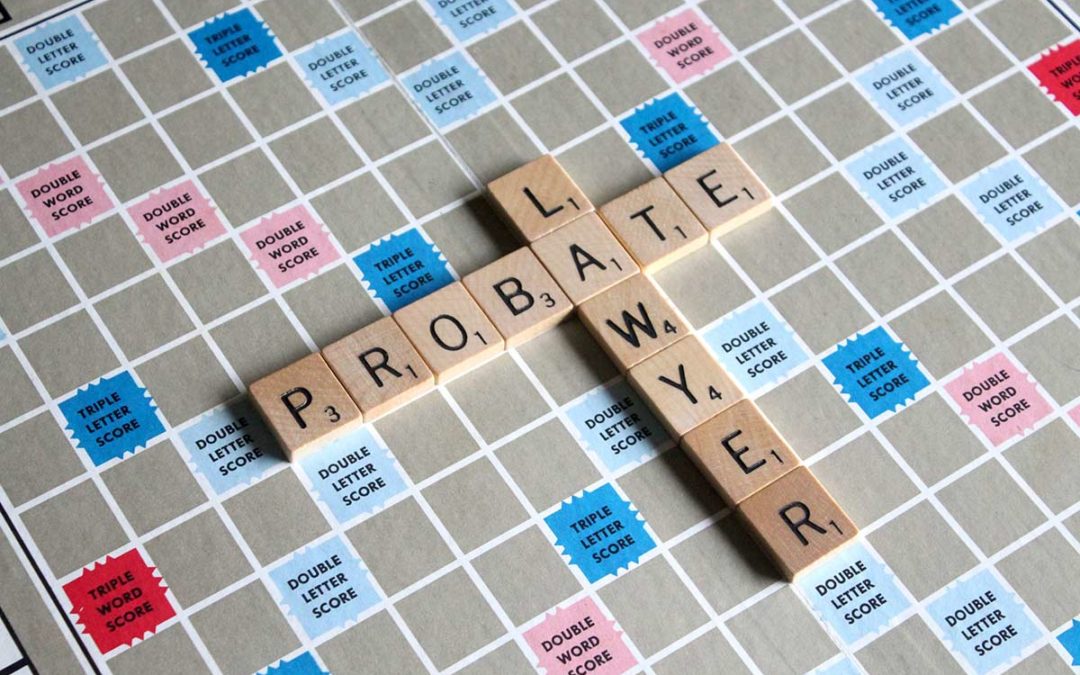A Probate is a way to settle a deceased person’s estate. If they died with a Will, then the listed beneficiaries will receive their estate accordingly. The Probate will proceed intestate if they died without a Will. There is a statute in New Mexico about which next of kin inherits if one dies intestate called Intestate Succession. It’s so important to create Estate Plans for this very reason. The brother you can’t stand could end up with everything instead of your favorite charity if you don’t create a valid Will or Trust and your Estate is distributed intestate.
Our Blog on Trusts explains we often create Trusts instead of Wills, as they can proceed on a sort of self-executing basis and no Probate is usually required. The Trustee will automatically have standing to transact, and sell real property if the property has been retitled in the name of the Trust. Conversely, the title company, the bank, etc. don’t know who has authority to transact for the Estate until a Personal Representative is appointed on paper. This term is used interchangeably with “Executor” or “Executrix” and means one with authority to act for the Estate. While fairly simple in New Mexico, probate is an added load of paperwork. After appointment, a Notice to Creditors published in a newspaper of general circulation gives Creditors notice in the legal section an individual has died. The Creditor must then come forward within four months of publication. Next, an inventory and accounting, and a closure statement completes the process, informing the Court that all heirs understand the distribution and have not objected in the statutory time period.
Non-probate assets are those that pass by title immediately upon death and don’t need to be probated. Examples of such assets are bank accounts with Payable on Death Beneficiaries or Joint Account Owners who receive the balance, Life Insurance Policies, Retirement and Investment accounts with listed designated beneficiaries, and vehicles with “and” or “or” on the title. Generally, and always with some exceptions, employing a Trust, retitling real property (homes and land) in that Trust, and using payable on death type destinations can help an Estate avoid the probate process.
